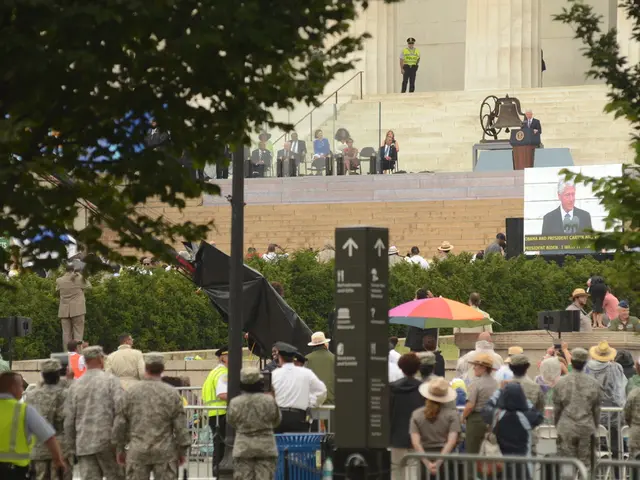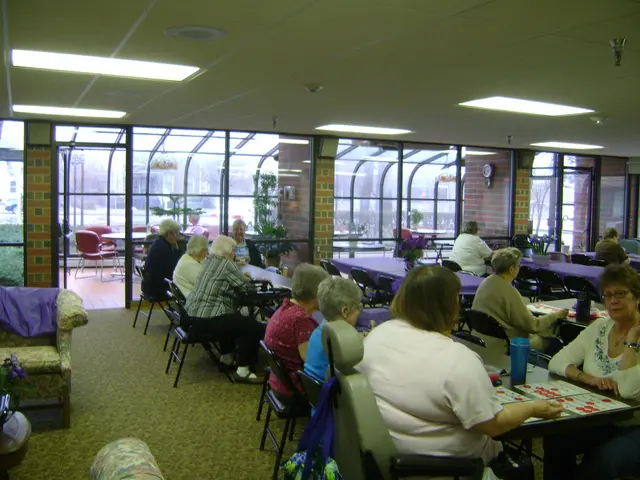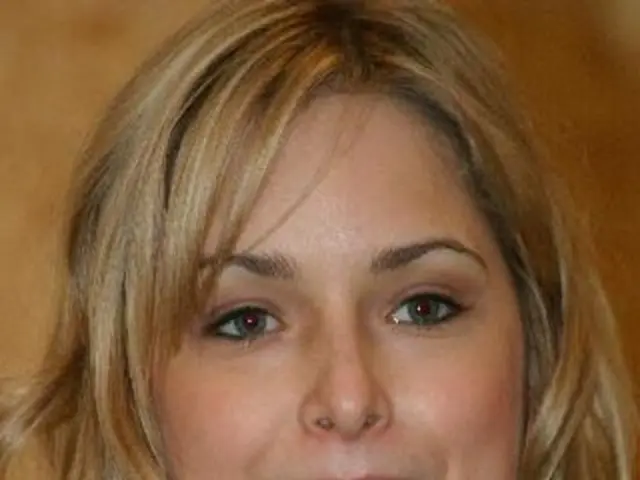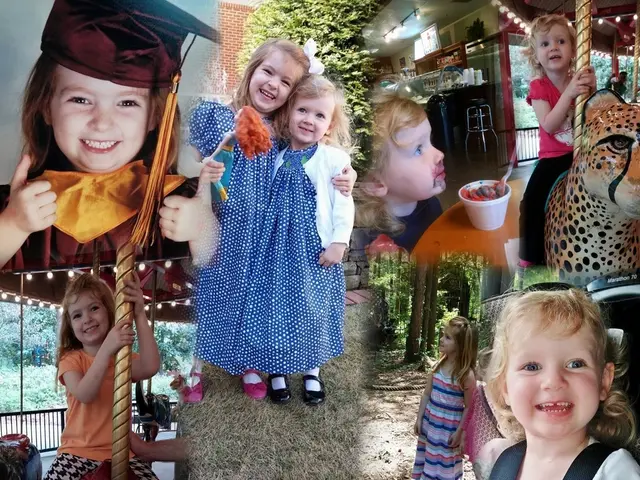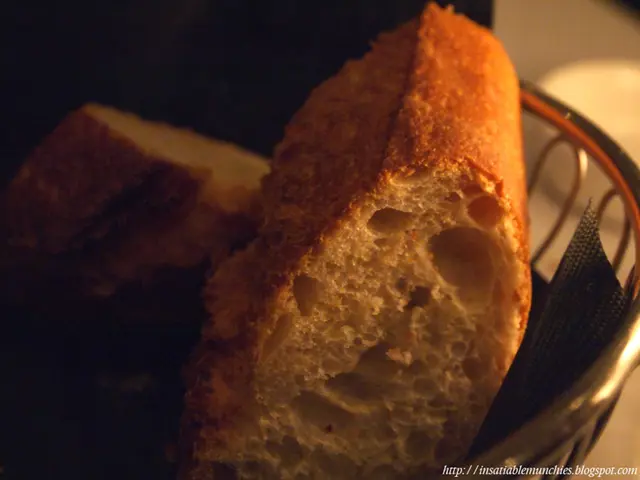"Heated #MeToo Controversy"
Antje Rávik Strubel's latest novel, "The Influence of Pheasants," published in the 6/2025 issue of the literature magazine Paul Jennerjahn Issue: 6/2025, offers a compelling exploration of the complexities within the cultural scene. The work is a sequel to "Blue Woman," which won the Book Prize in 2021.
The novel centres around Hella Karl, a cultural director of a Berlin daily newspaper, who finds herself embroiled in a controversial investigation. Hella was the journalist who wrote mercilessly about the MeToo allegations against Kai Hochwerth, a disgraced theater director. However, despite having solid evidence against Hochwerth, Hella and her colleague Heiko Sellmann are left wondering if they drove him to suicide, as he died under somewhat melodramatic circumstances in Sydney, on the sidelines of a performance by his wife, opera singer Patrizia Mingo.
"The Influence of Pheasants" does not shy away from addressing the underlying power struggles, influence, and vulnerability within the arts world. The relationship between Hella and Kai serves as a microcosm of these broader themes, reflecting the tensions that arise from imbalanced personal and professional boundaries.
Strubel's portrayal also delves into classism, showing how social hierarchies and cultural capital shape opportunities and relationships. Hella, with her working-class background, represents a critical voice attempting to navigate and expose these inequalities, while Kai embodies a figure whose status within the cultural elite both grants him privilege and subjects him to scrutiny.
Intriguingly, Strubel's writing style in "The Influence of Pheasants" is distinctive, with a tone that sometimes borders on the sweet, devoid of any anti-patriarchal anger. Yet, the novel's subtle treatment invites readers to reflect on the intricate intersection of personal histories, social class, and movements like MeToo, stressing the complexity rather than offering one-dimensional moral judgments.
As Hella's email access is blocked by the editorial board, she starts investigating the circumstances of Hochwerth's death on her own, a move that adds another layer of intrigue to the narrative. The novel's climax sees pheasants wandering through the text, symbolising the unpredictability and chaos that often accompany such investigations.
The photograph of Antje Rávik Strubel, taken by Marcus Höhn, serves as a fitting visual representation of the novel's exploration of the complexities within the cultural scene. With "The Influence of Pheasants," Strubel offers a thought-provoking and engaging read that is sure to spark conversations and introspection among readers.
Hella Karl, lost in thought about Kai Hochwerth's death, leaves her office filled with books that serve as her escape from the chaos of the cultural scene. Meanwhile, readers find themselves engrossed in the augmented entertainment provided by "The Influence of Pheasants," a novel that deftly weaves together themes of power struggles, classism, and the intersection of personal histories and social movements.

